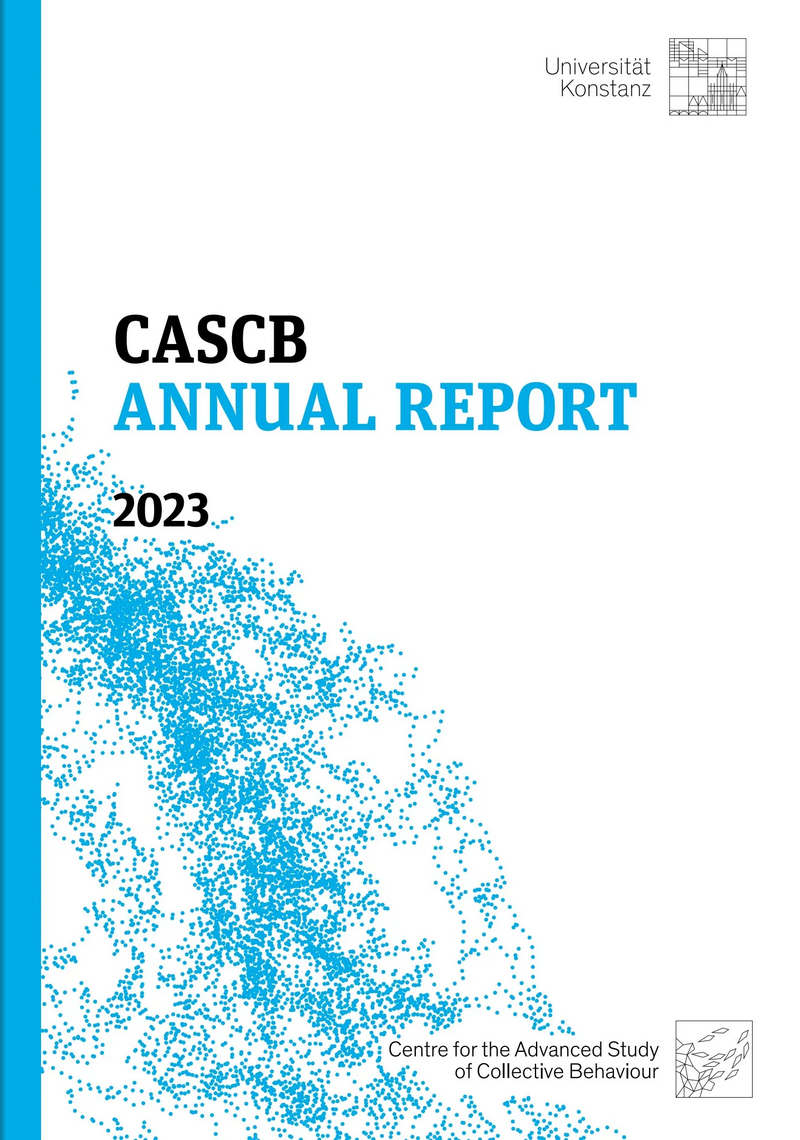
Orang-Utans und die Evolution von Intelligenz
Am 14. März 2024 wird das Konstanzer Konzil in ein Lernlabor verwandelt: Das Max-Planck-Institut für Verhaltensbiologie und die Universität Konstanz laden zu einer kostenlosen, interaktiven Veranstaltung ein, auf der BesucherInnen das geheime Leben der Orang-Utans in freier Wildbahn entdecken.
Read more








